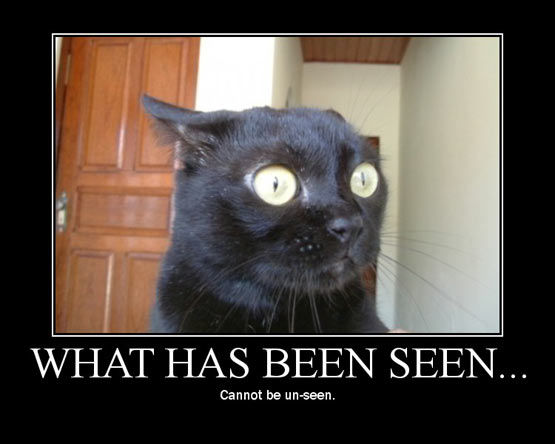Nonfiction
 The Company We Keep: Reinventing Small Business for People, Community, and Place
The Company We Keep: Reinventing Small Business for People, Community, and Place
by John Abrams
John Abrams is the founder of South Mountain Company, a design & build worker-owned cooperative in Martha’s Vineyard. His books describes the history of the company, their choice to move to a worker-owned cooperative model, and their overall philosophy of work.
Those principles are:
- Sharing ownership
- Cultivating workplace democracy
- Challenging the gospel of growth
- Balancing multiple bottom lines
- Celebrating the spirit of craft
- Practicing community entrepreneurism
- Thinking like cathedral builders
- Committing to the business of place
All of these principles resonate strongly with me, and I have a lot of thinking to do about how they might be relevant in my less tangible design practice. Some of the principles (craft, challenging growth) are similar to the philosophy of the folks at 37 Signals. The workplace democracy angle can be found, at least to a limited extent, at Valve. Thinking like cathedral builders is, of course, a cornerstone of the open source movement. But I can’t think of a technology organization that embodies all of the principles in any meaningful way. I’d like to see one.
 Autobiography of Mark Twain: The Complete and Authoritative Edition, Volume 1
Autobiography of Mark Twain: The Complete and Authoritative Edition, Volume 1
by Mark Twain, Harriet E. Smith (Ed.)
Mark Twain did not write a conventional autobiography, and it has not been published conventionally. He tried at various times and in various ways to get his life story down on paper, and what resulted was a mishmash of unordered (or at least unconventionally ordered) stories, notes, copies of old talks, and miscellany that kind-of sort-of adds up to life story. He also asked that it not be published until 100 years after his death–while portions of it have been published previously, the 2010 edition is the first definitive one. (And it’s only the 1st in a projected 3 volume set.) If you really, really like Twain (I do) this is worth reading, but you should know a few things before buying a paper copy:
I enjoyed it immensely, if slowly. And it has given me an idea for a project or two I’d like to work on.
 A History of the World in 100 Objects
A History of the World in 100 Objects
by Neil MacGregor
This is a companion book to the Radio 4 BBC / British Museum series of the same name. One hundred human-created objects that span our history on this planet, all from the British Museum, are shown, described, and put into context. It’s a lovely way to cruise around areas of history you know nothing about, and has the (intended) effect of driving home the sheer scale of human history. Plus you’ll never think all stone axes look alike again.
Fiction
 Red Plenty
Red Plenty
by Francis Spufford
Red Plenty is an odd and powerful book. It is famously genre-confusing–if you look at the main text, it’s historical fiction, set in the recent past in the Soviet Union. But it has lots of footnotes and good portions of the text are nonfiction. And, due to a combination of its subject (science in the Soviet Union), it’s style, and some of its earliest and most vocal fans, it reads very much like science fiction. I thought it was, when I picked it up–and I’m not alone in this.
So it acts like a one-book vindication of Samuel Delany’s theories of genre. It’s also brilliant. Multiple viewpoint characters–some with multiple sections, some without–experience the brief post-Stalin period where (some) Soviet scientists attempted to create a materially wealthy society through central planning. And they experience the failure of that vision. It’s hard to summarize, but incredibly compelling (and tragic) in practice.
If you do read it, follow it with this intense online seminar on the novel at Crooked Timber, including posts by Spufford.
 Report from Planet Midnight
Report from Planet Midnight
by Nalo Hopkinson
From PM Press’s series of radical genre works. This includes two short stories, an interview with Hopkinson, and the core piece, a lecture she gave on race, ethnicity, and science fiction. Of the two short stories, I liked “Message in a Bottle” – it was usefully creepy, if that phrase makes any sense at all. The lecture is very direct, which is probably a good thing. Science fiction fandom can miss more subtle critiques sometimes.
 Invisible Armies
Invisible Armies
by Jon Evans
Sometimes I pull things off my wishlist without knowing why I put it on there in the first place. (I have a long wishlist.) In this case the acknowledgements include a bunch of my friends, so probably that’s why.
It’s a thriller, with a eco-terrorism theme. The first half is superb. The second half dissatisfied me–it felt (to me) that the later plot twists were there to be twisty, rather than emerging from the characters and situation.
 California Bones by Greg Van Eekhout
California Bones by Greg Van Eekhout



































